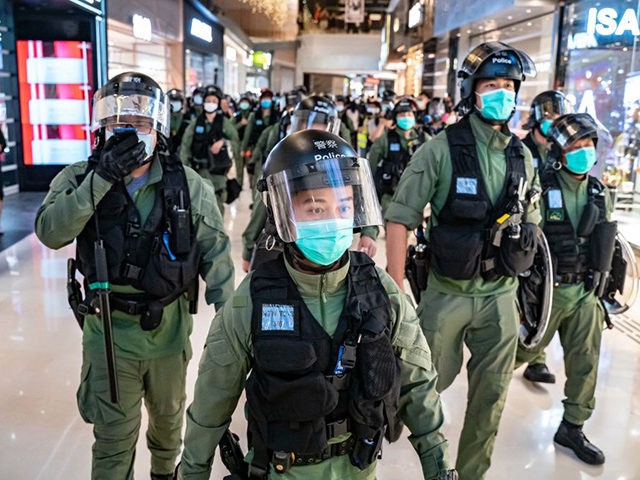A family planning group in Hong Kong recorded an increase in the number of abortions, and applications for abortions, it processed in the first eight months of this year, local news outlet Coconuts Hong Kong reported on Tuesday.
The Family Planning Association of Hong Kong (FPAHK) “received 7,477 termination of pregnancy applications from January to August this year, an increase of more than 30 percent compared to the same period last year,” according to the report. “The organization also carried out around 300 more abortions in the first eight months of this year. [FPAHK] performed 2,155 abortions from January to August, up from 1,851 last year.”
Three-quarters of the applicants for abortion were unmarried or below the age of 26.
“This [increase] could probably be explained by the reduction in related [reproductive and sexual health] services in both public and private health sectors [during the pandemic], leaving FPAHK their only option,” the non-profit said on September 25 when publishing its latest abortion statistics, timed to coincide with World Contraception Day.
FPAHK said it remained open during Hong Kong’s coronavirus lockdown period, becoming one of the city’s only options for sexual health resources.
“In the face of temporary suspension of non-emergency and non-essential services in public hospitals and clinics and service reduction in the private medical sector, FPAHK strived to maintain the essential services of contraceptive consultation and supplies, emergency contraception, counselling for unplanned pregnancy and provision of termination of pregnancy,” the organization explained.
“At the peak of the pandemic, there was temporary curtailment of the opening hours of the Association’s Clinics and Youth Health Care Centres during late January to early February and July to August, but all clinical and counselling services have resumed since 31 August,” FPAHK revealed in its update.
Hong Kong has struggled for years with a declining birth rate, a problem that precedes the ongoing coronavirus pandemic. Demographers expect the city’s population to decline by 2041, the South China Morning Post reported last month.
“[T]he updated population projection report by the [Hong Kong] Census and Statistics Department estimates that numbers will rise only until 2041, after which there will be an annual 0.3 percent decline brought about by the twin impacts of falling birth and rising death rates,” the Hong Kong-based newspaper revealed on September 18.
“An economic and social transformation is necessary if the city is to maintain its competitive edge and vitality,” experts warned. “Hong Kong needs to remain relevant to the nation [of China], region, and world if it is to grow and thrive rather than shrink and die.”
Much of Hong Kong’s time under coronavirus lockdowns coincided with the imposition of a “national security” law by Beijing in May, meant to criminalize pro-democracy protests. The law undermined the city’s historic semi-autonomy, previously guaranteed under its charter, known as the Basic Law. The Basic Law allowed Hong Kong certain liberties unheard of in China, such as freedom of speech and freedom of assembly. In response to the National Security law’s passing, the U.S. revoked special privileges it previously allowed Hong Kong.
“These agreements covered the surrender of fugitive offenders, the transfer of sentenced persons, and reciprocal tax exemptions on income derived from the international operation of ships,” U.S. State Department spokeswoman Morgan Ortagus announced on August 19.
“These steps underscore our deep concern regarding Beijing’s decision to impose the national security law, which has crushed the freedoms of the people of Hong Kong,” Ortagus explained.
Both the imposition of the National Security law and the subsequent diplomatic backlash have dealt severe blows to Hong Kong’s social and economic prospects.

COMMENTS
Please let us know if you're having issues with commenting.